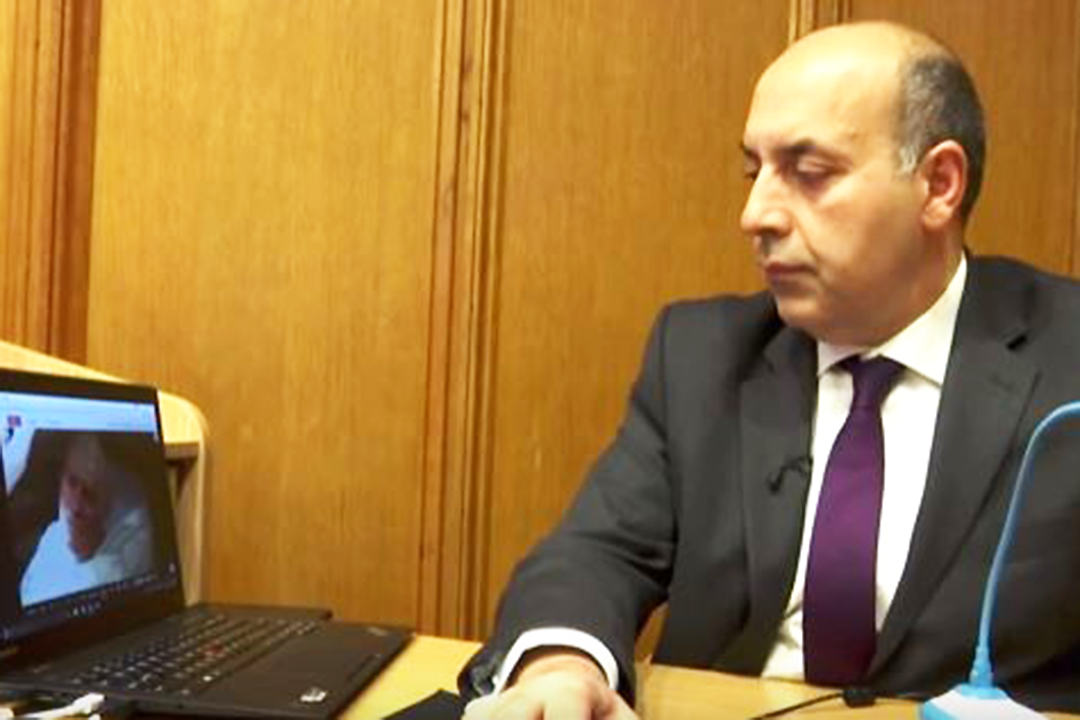
The Royal Free London is the first trust in the UK to use an augmented reality platform that allows surgeons to direct operations taking place in other hospitals.
Known as Proximie, this new technology enables surgeons to relay precise instructions about a procedure to surgical colleagues at another location by marking procedural annotations and instructions on the screen of their tablet, desktop computer, laptop or mobile phone. This is known as augmented reality.
Augmented reality technology works by providing a live feed of a real-world environment. New information can then be overlaid on top of that image using computer-generated sensory input such as sound, video, graphics or GPS data.
It means that patients across the country need not travel to the Royal Free in order to benefit from the trust’s clinical expertise.
We have one of the country’s best plastic surgery services here at the Royal Free and we are always looking at how new technology can improve the care we provide to patients.
A film, made by the technology programme Sky Swipe, shows Edward, a patient at Watford General Hospital having a skin cancer operation, which is being directed by consultant plastic surgeon, and clinical lead, Ash Mosahebi who is 15 miles away at the Royal Free Hospital in Hampstead. Using a special camera, Mr Mosahebi can draw on the screen to mark precisely where an incision should be made.
Proximie’s augmented reality platform allows surgeons to virtually “scrub in” to any operating room locally or globally. They can use it to guide, train and support other surgeons and clinical staff.
Mr Mosahebi said: “We have one of the country’s best plastic surgery services here at the Royal Free and we are always looking at how new technology can improve the care we provide to patients.
“Proximie allows patients, wherever they are in the UK, to access the expertise here at the Royal Free and it allows us to guide, train and support surgeons in other locations. I hope that this technology could lead to a more efficient NHS – allowing patients to benefit from first-rate expertise wherever they are in country.”
 Translate
Translate